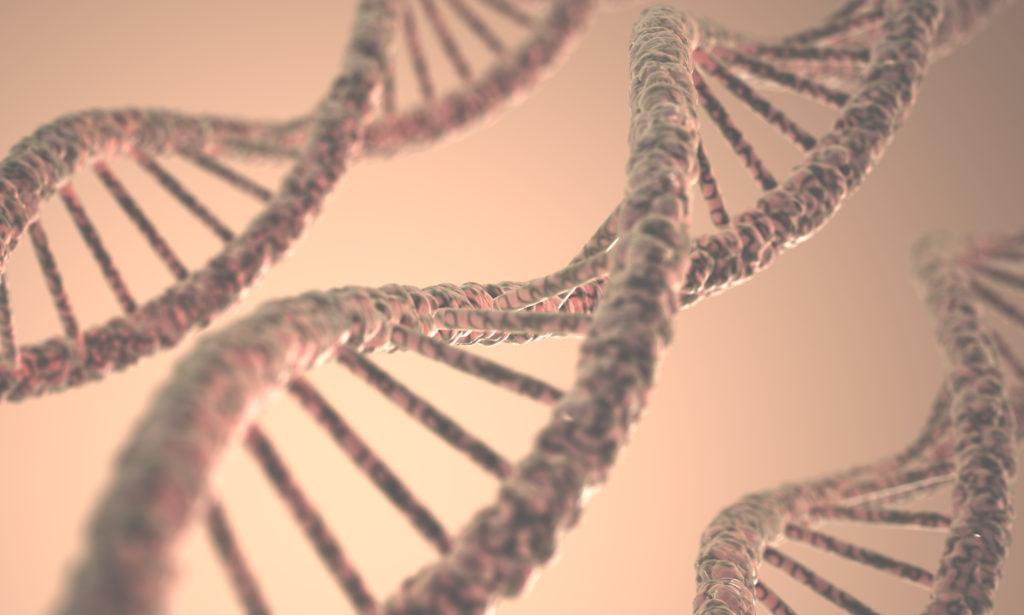GASTROENTEROLOGY NERD ALERT: ARTIFICIAL INTELLIGENCE TO DETERMINE YOUR OPTIMAL DIET?

Check out this fascinating article in the New York Times about an artificial intelligence algorithm that attempts to identify individualized nutritional targets, arguing that one universal diet recommendation does not “fit” all:
“Only recently, with the ability to analyze large data sets using artificial intelligence, have we learned how simplistic and naïve the assumption of a universal diet is. It is both biologically and physiologically implausible: It contradicts the remarkable heterogeneity of human metabolism, microbiome and environment, to name just a few of the dimensions that make each of us unique. A good diet, it turns out, has to be individualized.
We’re still a long way from knowing what this means in practice, however. A number of companies have been marketing “nutrigenomics,” or the idea that a DNA test can provide guidance for what foods you should eat. For a fee, they’ll sample your saliva and provide a rudimentary panel of some of the letters of your genome, but they don’t have the data to back their theory up.”
Not surprisingly, the article also discusses the potential critical role that the GUT MICROBIOME plays in this relatively untapped scientific field:
“Using machine learning, a subtype of artificial intelligence, the billions of data points were analyzed to see what drove the glucose response to specific foods for each individual. In that way, an algorithm was built without the biases of the scientists. More than a hundred factors were found to be involved in glycemic response, but notably food wasn’t the key determinant. Instead it was the gut bacteria.”
Read the whole article to gain a sense of the level of complexity that scientists will need to weed through in the decades to come.
As mentioned innumerable times before on our blog and social media posts, there is SO MUCH mind-blowing information to learn about the gut microbiome and nutritional influence on our health. The impact of the microbiome on gut symptoms, food allergies, cancer risks, weight management, mood and brain disorders is simply fascinating. I eagerly anticipate learning all that science will have to offer on this topic in the decades to come. In the meantime, try to increase your PREbiotic intake (not a typo, different that PRObiotics)! Our dietitian can teach you more about prebiotics if you are interested.
Please call 224.407.4400 or visit compgihealth.com to schedule an appointment. We are eager to share all we know about the impact the gut microbiome may have on your health and wellness.
